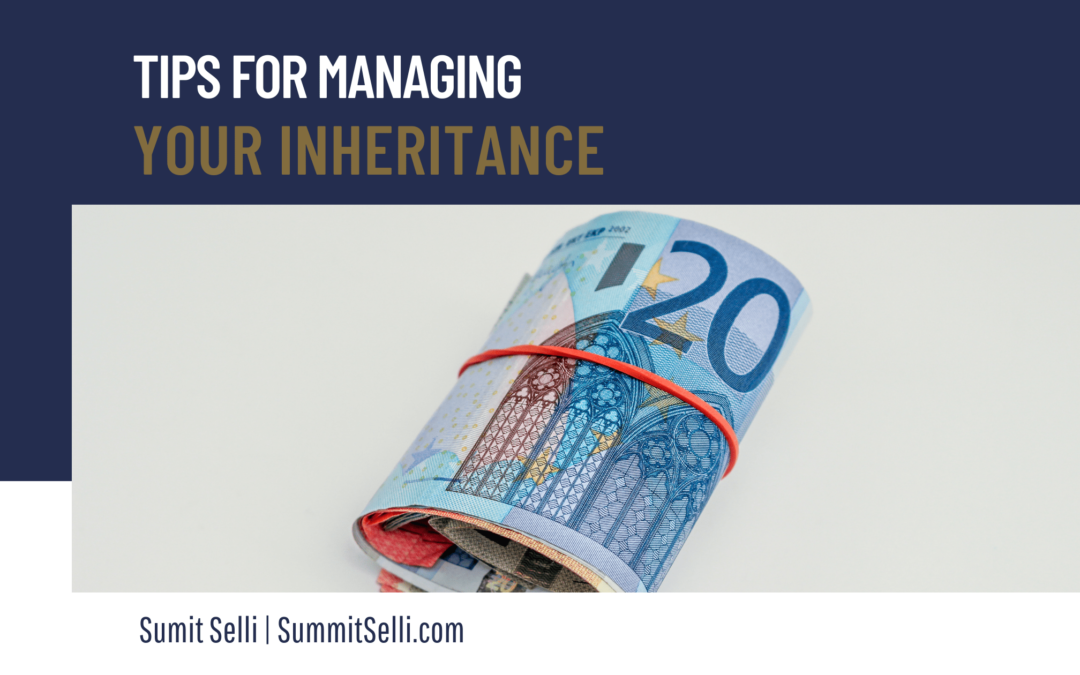If you have recently inherited a large amount of money, it’s essential to consider how you will use it. Inheritance can pay off debts or be invested. However, depending on your financial situation, it might be better to use it for something else.
An inheritance can help you start a new career, acquire a new home, or save for unexpected expenses. However, if the planning is not handled correctly, the inheritance might not last as long as people think. This guide will help you determine the best place to put your inheritance.
Pay Off Debts, Save, or Invest?
Paying credit card or personal loan debt off using your inheritance instead of saving is better. The interest on these debts can be higher than what you earn from a savings account. After settling these debts, you’ll have a better financial position and more money to protect yourself. You can also establish an emergency fund to help cover unexpected expenses.
If you have inherited a substantial amount of money, it’s a good idea to start setting aside some of it in an easy-access savings account. This would be a good idea if you planned on using it soon. It would help if you also searched for a good savings account with a reasonable rate of return.
Using a Pension for Investments
One of the best ways to get tax benefits and returns is by investing in your pension. Any money invested in a pension policy can act as a safety net after retirement, with up to 25% of it tax-free as a lump sum payment when you retire.
Since the money can be invested in a pension fund without subjecting it to taxes, it’s a great way to pass the wealth to your beneficiaries and heirs without worrying about potential penalties.
Inheritance for Personal Use and Enjoyment
Although you have the right to spend the money on whatever you want, it’s essential to first take care of the money’s various liabilities and investments. After all of these are taken care of, you can use the remaining money for whatever you want. The leftover inheritance can be a great way to invest in your passions and hobbies or even splurge on an extended holiday.
Guidance From a Financial Advisor
If you have excess money, it’s essential to first take care of the money’s various liabilities and investments. A financial planner can help you manage the money’s flow in the short term and develop a long-term financial strategy. One of the most critical factors you should consider when choosing a financial planner is the fee-only model, which means that the firm doesn’t charge you for its services. This type of arrangement eliminates any conflicts of interest.
A financial planner can also help you manage the non-cash assets that you’ve inherited. For instance, if you have securities, you’ll need to decide whether or not they should be sold.
What to Know About Taxes
Although there are only a few large estates to incur (Inheritance Tax) IHT, it’s important to remember that this tax should be considered when writing your will. It’s essential to understand IHT and how it affects your inheritance.
The IHT is a tax charged on the estate of a person who has died. An estate includes possessions, property, and money. Currently, the standard Inheritance Tax rate is 40% and is only charged on the portion of your estate above £325,000, which is the tax-free threshold (some exceptions considered).

